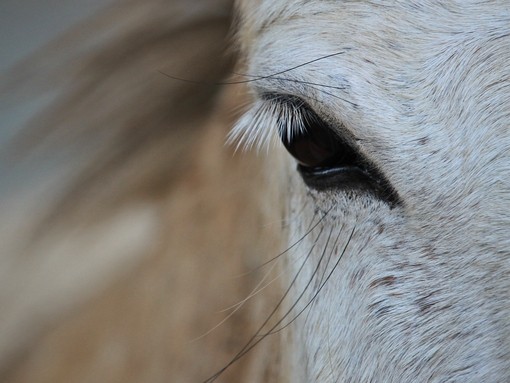
Report a welfare concern
Many holiday makers and visitors, who are travelling to European countries, contact us regarding donkeys that they have seen which may be in difficulty, injured or appear to be in poor condition. Although we have no legal jurisdiction, we are increasingly more able to investigate and assist the donkey by providing advice and medical help if the owner is open to our offer.
We often work in conjunction with other animal welfare organisations, enabling us to provide help in other countries. Thanks to people who are concerned for the welfare of donkeys forwarding information, we have been able to improve the lives of many of these animals.
The most common reports we receive are lack of water and feed, overgrown hooves and wounds caused by incorrect tethering or hobbling. Below are brief explanations to help you identify any situations you feel may need to be reported to us. If you are able to take a digital photograph of the donkey and any landmarks, this would be of great help.
Checklist
Food
Donkeys originate from Africa and Asia and are naturally very adaptable animals who can survive in situations where horses cannot. Their digestive system is designed to obtain sufficient dietary requirements from what would seem to be small amounts of feed, often of very low nutritional value. Donkeys require a high fibre diet as a high sugar and starch diet can cause health problems, particularly if the donkey is not working.
Water
In many instances where it appears the donkey is not receiving any water, it will often be given to the donkey very early in the morning and/or late at night. In extremely hot climates the daytime temperatures will evaporate a lot of water left out in a bucket. It will also get very dirty and attract insects during the daylight hours. However, a lack of water can cause many health problems and lead to death.
Shelter
It is always preferable for a donkey to have access to shade or shelter, particularly from the heat and heavy rain. For many owners in Spain this is not always possible, often due to lack of finance, materials or because the donkey is moved around to different areas. Again, as they originate from Africa and Asia, they can cope with the heat much better than humans, although if they are not receiving water over a period of days, it will cause severe health problems.
Tethering
In many areas it is often virtually impossible for the donkey owner to provide fencing around the area in which the donkey lives. In these situations, although far from ideal, a neck tether, leg hobbles, or a combination of both is used to ensure the donkey does not stray. Unsuitable materials, such as wire, baling twine and incorrect fitting cause the majority of injuries which can often be very serious.
Feet
Finding a farrier to regularly trim donkeys’ feet and attend to any problems can be extremely difficult as well as being an expense that many owners can not afford. If the donkey is not working and walking over rough surfaces, his hooves will not wear and gradually get longer. Overlong hooves can cause a great deal of discomfort and in some cases long term damage to the bones inside the hoof may occur.
Wounds
Wounds are often a result of a direct injury, ill fitting tack, harness or hobbles or being attacked by other animals. Some wounds or injuries may need veterinary attention. Others may simply need to be cleaned. If a wound or injury affects the donkey’s ability to work, it will ultimately affect the livelihood of the owner as well as the welfare of the donkey. If treatment is administered quickly and flies are kept away from the wound, the risk of infection is minimised.
General health
Donkeys do have a tendency to appear gloomy at times, particularly if they are dozing. However, unlike most horses, if they are unwell they do not show signs until they are often very ill. If you are concerned about the overall look of a donkey, it is a good idea to visit them late into the evening when it is cooler and there are no flies about.
How to report a concern
If you are concerned that the donkey is in pain, unwell or generally neglected please contact our Welfare Co-ordinator at El Refugio del Burrito. We may be able to investigate the situation and provide assistance.
